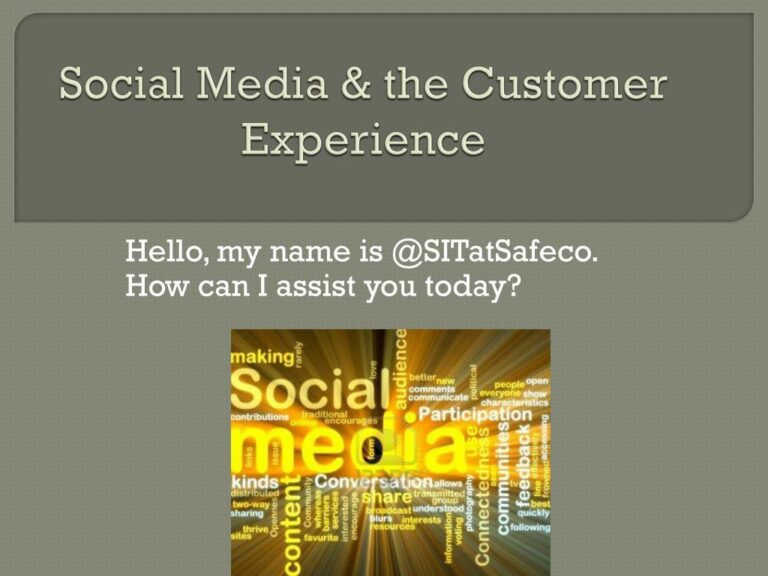Sudan War Puts African Resilience to the Test – GIS Reports
As the conflict in Sudan escalates, the nation finds itself at the epicenter of a humanitarian crisis that reverberates across the African continent. The ongoing war, which erupted in April 2023 between rival military factions, has resulted in widespread violence, displacement, and a precarious food security situation. The ramifications of this conflict extend beyond Sudan’s borders, challenging the resilience of neighboring countries and regional stability. In this report, GIS examines the situation on the ground, highlighting the plight of civilians caught in the crossfire, the efforts of humanitarian organizations, and the broader implications for African societies grappling with the fallout of yet another crisis. As communities confront the harsh realities of war, the question remains: how will Africa respond to this unprecedented test of resilience?
Impacts of the Sudan War on Regional Stability and Humanitarian Efforts
The ongoing conflict in Sudan has reverberated beyond its borders, fueling concerns about broader regional stability across Africa. Neighboring countries, already grappling with their own internal challenges, now face an influx of displaced individuals, straining local resources and increasing tensions. Key impacts include:
- Heightened security threats as armed groups exploit the chaos to expand their influence.
- Disruption of trade routes, leading to economic instability in the region.
- Increased humanitarian crises in bordering nations as refugees seek asylum.
At the same time, humanitarian efforts to alleviate suffering are being severely hindered by ongoing violence and logistical challenges. Aid organizations have reported difficulties in accessing the most affected areas, significantly limiting their ability to provide essential services. Some of the notable challenges faced include:
- Infrastructural damage that obstructs transport and delivery of aid.
- Political instability that complicates coordination between governments and NGOs.
- The need for heightened security measures that divert resources from aid initiatives.
| Regional Impact | Humanitarian Challenge |
|---|---|
| Refugee Influx | Access to Basic Services |
| Rise of Armed Groups | Coordination Issues |
| Economic Disruption | Resource Allocation |
Examining African Solidarity: Strategies for Support and Recovery
The ongoing conflict in Sudan has highlighted the pressing need for a unified response among African nations. As communities grapple with the devastating impact of the war, strategies for solidarity are emerging. Many African countries are stepping up to provide humanitarian assistance, while regional organizations like the African Union (AU) are coordinating efforts to mediate and resolve the conflict. Key strategies include:
- Humanitarian Aid: Mobilizing resources and logistics to deliver essential supplies to displaced populations.
- Peacekeeping Initiatives: Deploying forces to maintain stability and protect civilians in conflict-prone areas.
- Diplomatic Engagement: Leveraging regional diplomacy to foster dialogue between conflicting parties.
In addition to immediate relief efforts, long-term recovery strategies are essential for rebuilding war-torn communities. Collaborative engagements through economic partnerships and cultural exchanges can enhance resilience in the face of adversity. African countries can forge pathways for development by:
- Investment in Education: Fostering youth engagement and skill development programs to create a more informed and resilient population.
- Strengthening Healthcare Systems: Enhancing healthcare infrastructure to cope with both immediate and future crises.
- Building Economic Ties: Promoting trade agreements that boost economic growth and provide stability for conflict-affected areas.
Recommendations for Strengthening Resilience Amidst Conflict and Crisis
In light of the ongoing conflict in Sudan, it is imperative for local governments, NGOs, and international organizations to develop and reinforce strategies that enhance community resilience. Building strong community frameworks can serve as a buffer against the immediate impacts of crises. Key actions include:
- Strengthening local governance to ensure efficient resource management.
- Promoting dialogue and cooperation among diverse population groups to foster social cohesion.
- Enhancing access to education and vocational training to empower individuals economically, reducing dependency on external aid.
Furthermore, leveraging technology can play a significant role in crisis management and recovery efforts. Communities should focus on digital solutions that can facilitate better communication and coordination during conflicts. Consider the following approaches:
| Technology Utilization | Description |
|---|---|
| Mobile Apps for Reporting | Use apps that allow citizens to report violence or humanitarian needs in real-time. |
| Online Learning Platforms | Provide educational resources to students affected by school disruptions. |
| Data Analytics for Aid Distribution | Utilize data analysis to identify areas in desperate need of assistance. |
In Conclusion
As the conflict in Sudan persists, the resilience of its people continues to be tested in unprecedented ways. The war has not only deepened the humanitarian crisis but has also spotlighted the strength and determination of communities striving for survival and dignity amidst turmoil. As regional and global actors look on, the response to this ongoing crisis will be pivotal—not only for Sudan but for the broader African landscape, where the lessons learned could influence future interventions and stabilization efforts. The resilience displayed by the Sudanese will be crucial in rebuilding their nation and restoring peace; however, it will require sustained support and commitment from the international community to ensure that their efforts do not go unnoticed, and that hope prevails against the backdrop of conflict. The eyes of the world remain fixed on Sudan, where the quest for resilience amid adversity defines the way forward.







